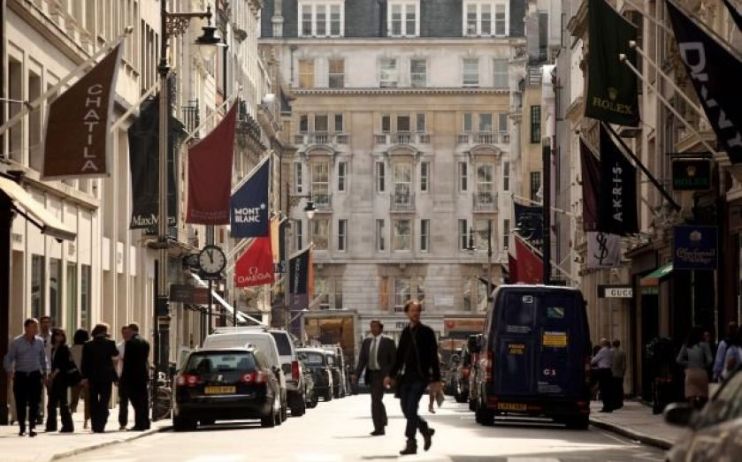The definition of a think tank is up for debate

Do you know what a think tank is, and can you name one?
An amusing survey published yesterday revealed a predictably yawning gap between the commentariat, the chattering class, the Westminster bubble – call it what you will – and the average man or woman in the street.
Just 75 people out of a sample of 2,000 could name a think tank, meaning that not a single group of wonks was named by more than 1.5 per cent of respondents. “So few people know what think tanks are that these numbers are not statistically significant,” the surveyors concluded.
Unperturbed by their anonymity, this morning sees two very different think tanks pitching for headlines.
The Institute for Fiscal Studies, or IFS – named by just 0.3 per cent of people in the survey above – has published a breakdown of the tax reforms recently proposed by Boris Johnson.
Meanwhile, the notably more Thatcherite Centre for Policy Studies (CPS) – named by 0.2 per cent of people – has published a pamphlet on the wild discrepancies between the UK’s regions when it comes to attracting foreign investment. Both publications are essentially tackling the topic of fairness and equality in Britain.
The IFS, the country’s most independent fiscal watchdog, makes some legitimate points regarding Johnson’s plan to raise the higher rate threshold for income tax to £80,000 – primarily, the extent to which the move would benefit wealthy pensioners more than salaried employees.
This is because the National Insurance system to some extent offsets the benefit of a higher threshold, and pensioners do not pay NI on their incomes. If that is Johnson’s intention, so be it, but if he wants to help today’s workers he could combine a more realistic increase in the higher rate threshold with a rise in the NI threshold for everyone.
Separately, the CPS lays bare the astonishing economic gap between London and the south east and many other parts of the country. To attract exporting businesses and greater investment to poorer areas, it proposes more low-tax “opportunity zones” and free ports (which would exist outside the UK for customs purposes).
These ideas demonstrate one purpose for think tanks, as a playground for policy ideas that can be debated and picked up by inquisitive politicians. The IFS demonstrates another key purpose, holding politicians and their own ideas to account.
Think tanks are often divisive, controversial, and, for much of the public, below the radar – but without them our democracy would be in a weaker state.